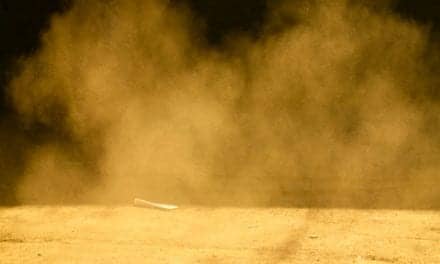Experts at the University of Edinburgh are studying an illness known as HAPE (high altitude pulmonary edema), which causes fluid to build up in the lungs can and can occur from as low as 2,500 metres, affecting people of all age groups and fitness levels.
Little is known about the condition and there is no way of predicting who is likely to be affected although studies have suggested a genetic link. It is thought that around one in 50 people who travel to high altitudes suffers from HAPE.
Research at the university is being led by Kenneth Baillie, who will upload it onto a database run in collaboration with researchers from America, Austria, Bolivia, and Britain. The database aims to encourage registration from previous sufferers of HAPE in order to help identify people susceptible to the condition. Genetic studies using the database, which will be available researchers worldwide, may also provide greater understanding of what happens in HAPE sufferers’ lungs.
“There is no way of predicting who is likely to suffer from HAPE, as it can affect anyone even if you are young, healthy and active said Baillie. “Because it occurs from 2,500 metres, it can affect skiers as well as mountaineers. Treatment options are very limited and sufferers need to descend from high altitude and see a doctor straight away.
Studies suggest that as a greater percentage of the world population spends its leisure time camping, mountaineering and skiing in high altitude conditions, global incidences of HAPE are likely to increase.
HAPE is the most common form of altitude sickness and can kill within hours if untreated. As the illness progresses, it can cause drowsiness and lack of coordination, breathlessness and blue lips, and may eventually leading to a coma and death.
To read the full release click here.








